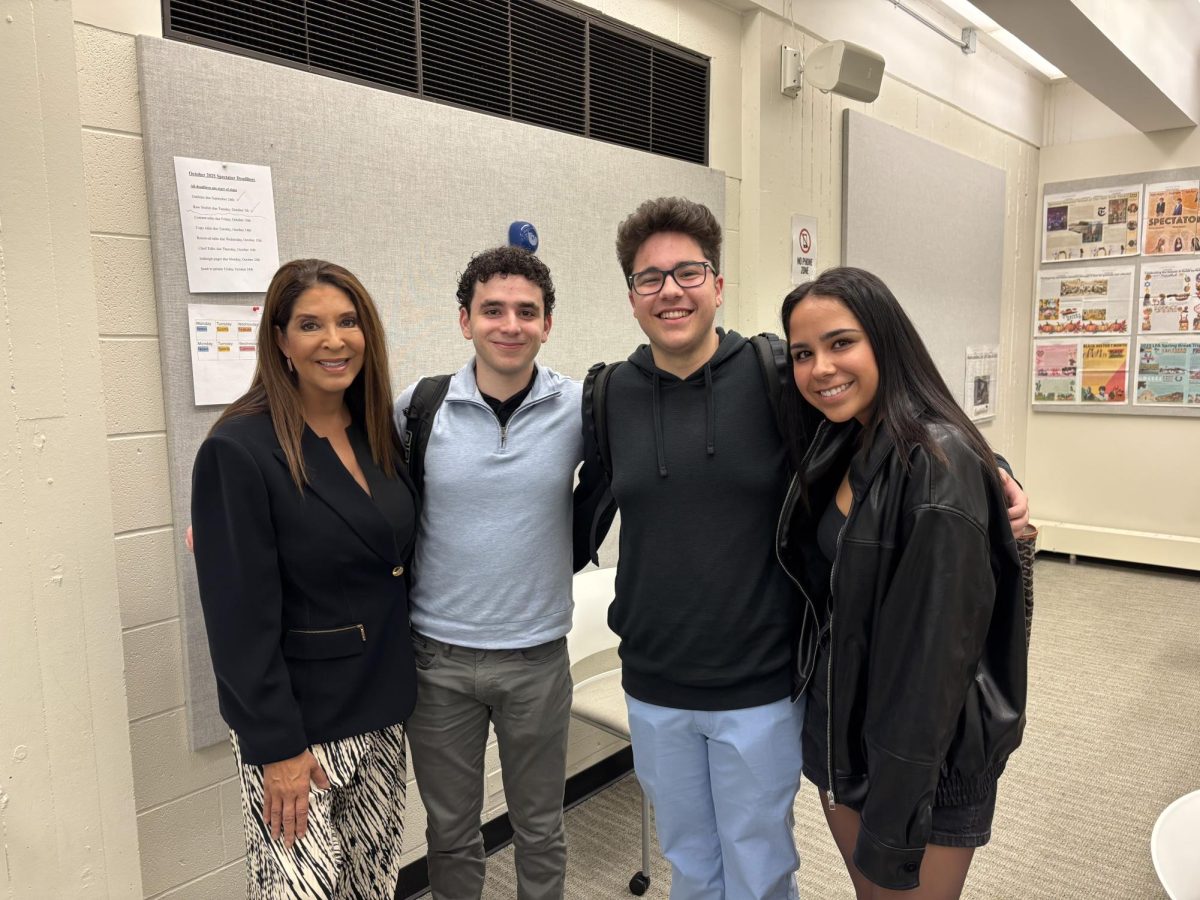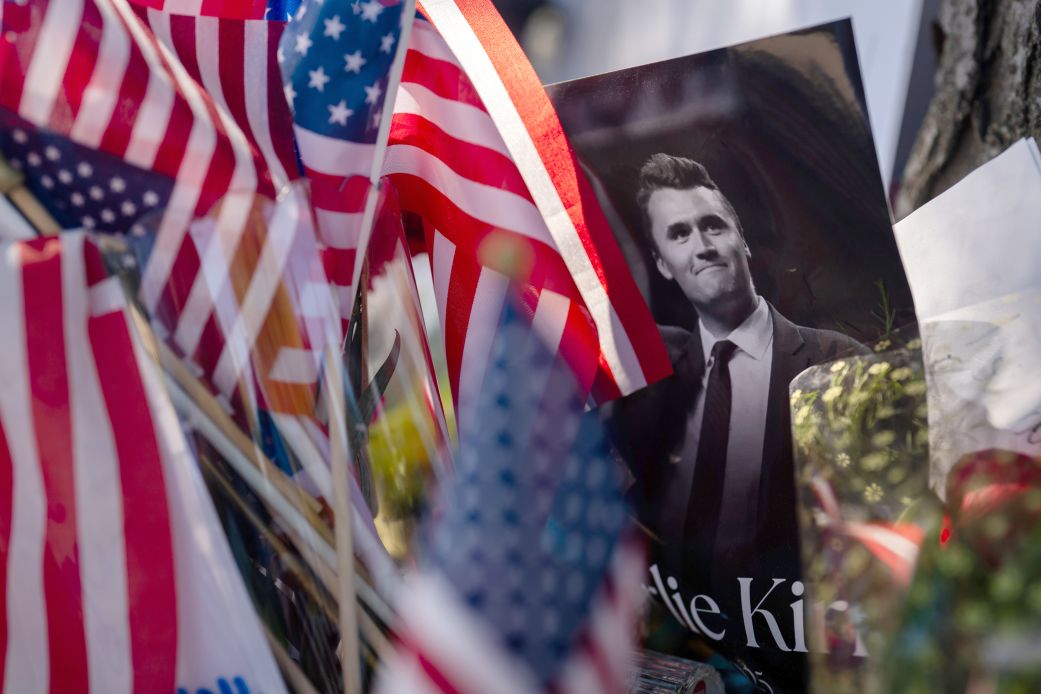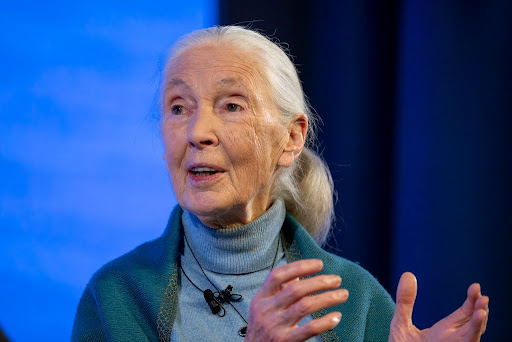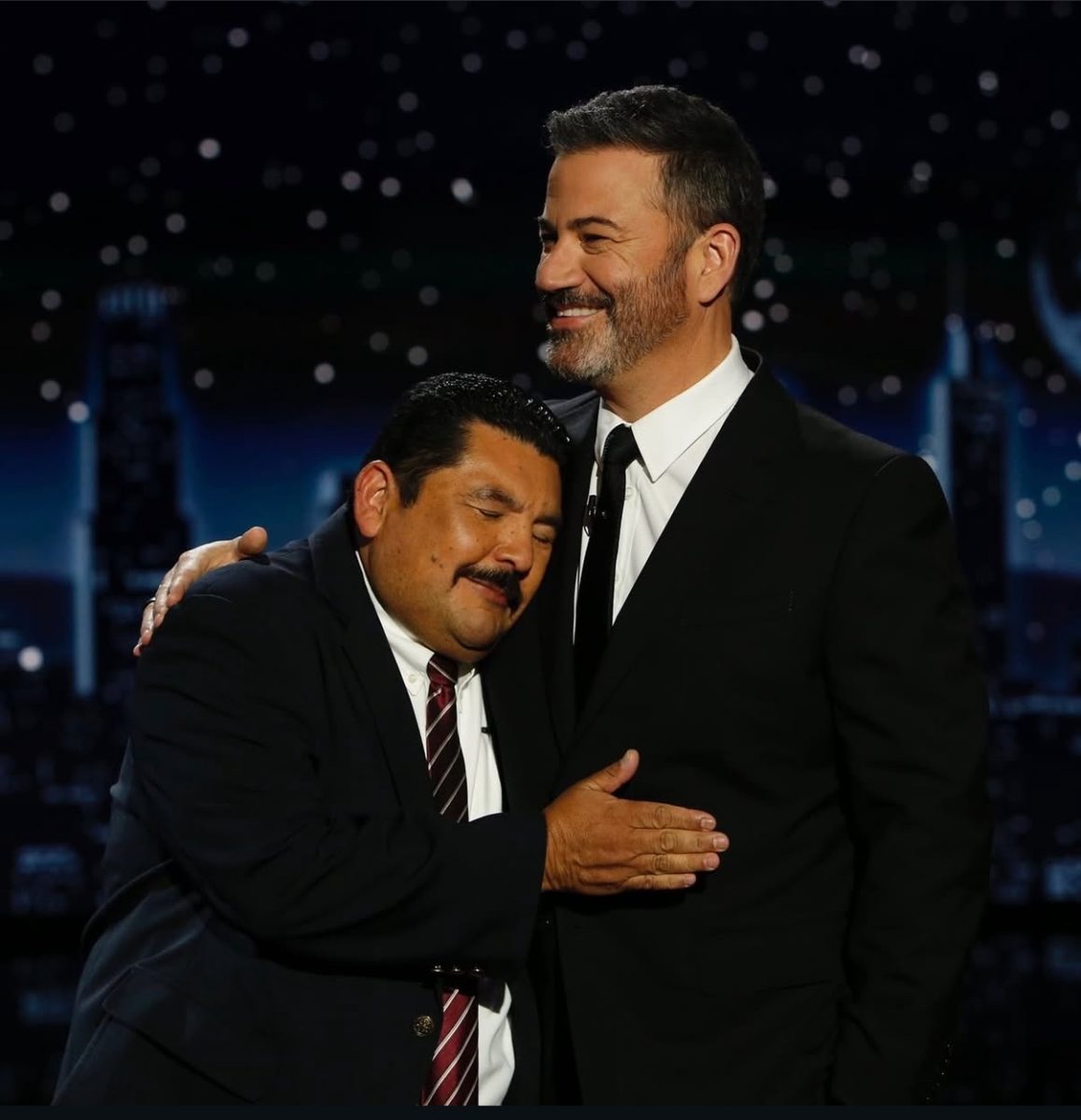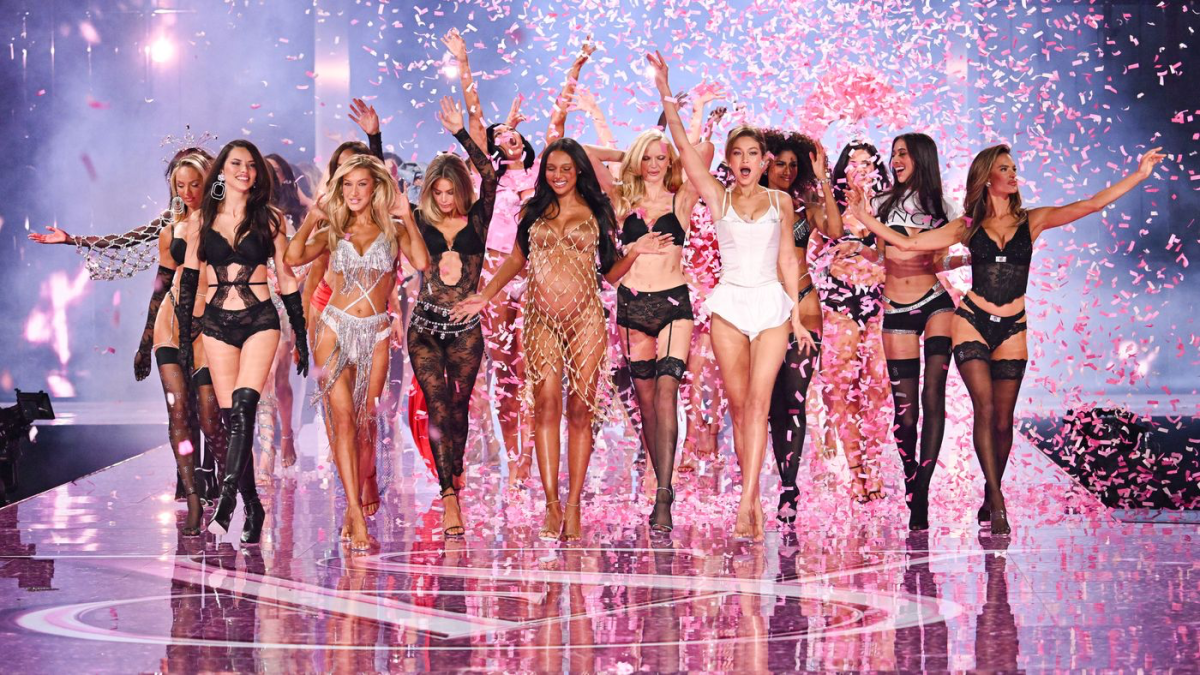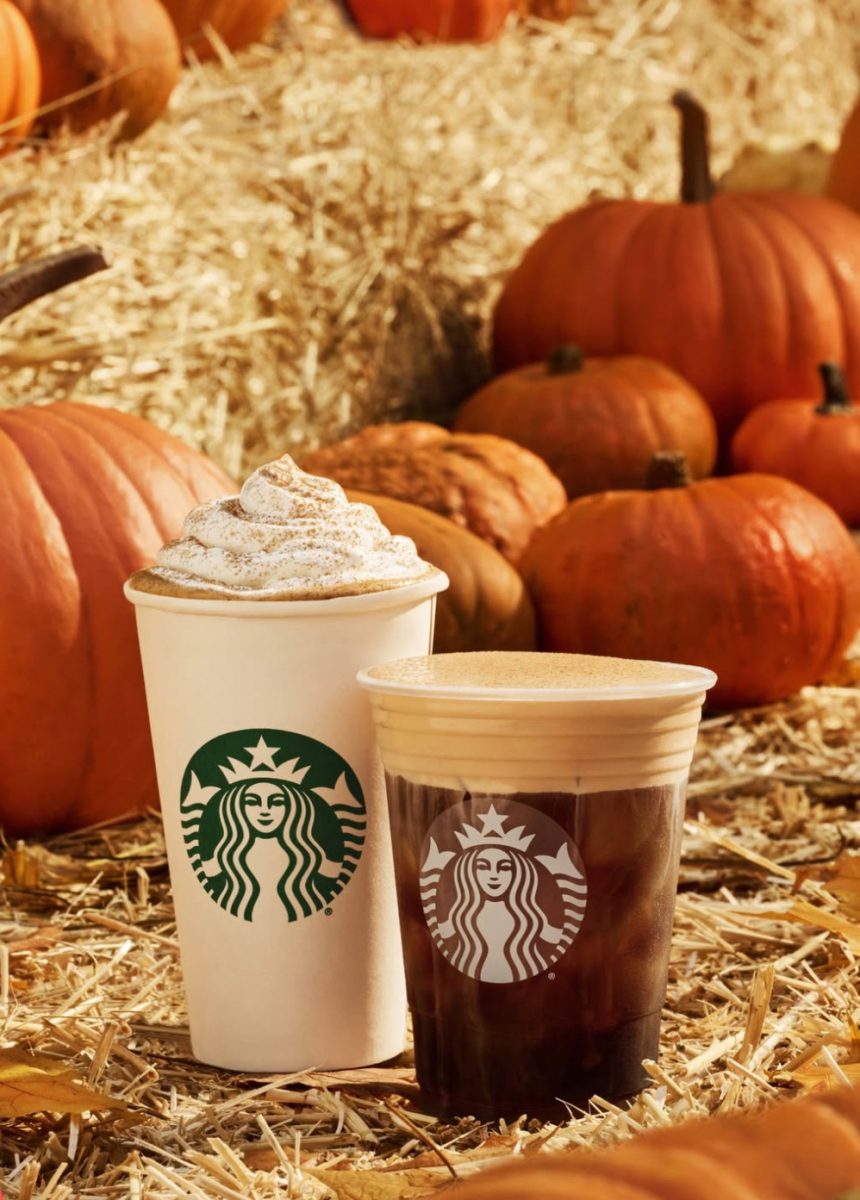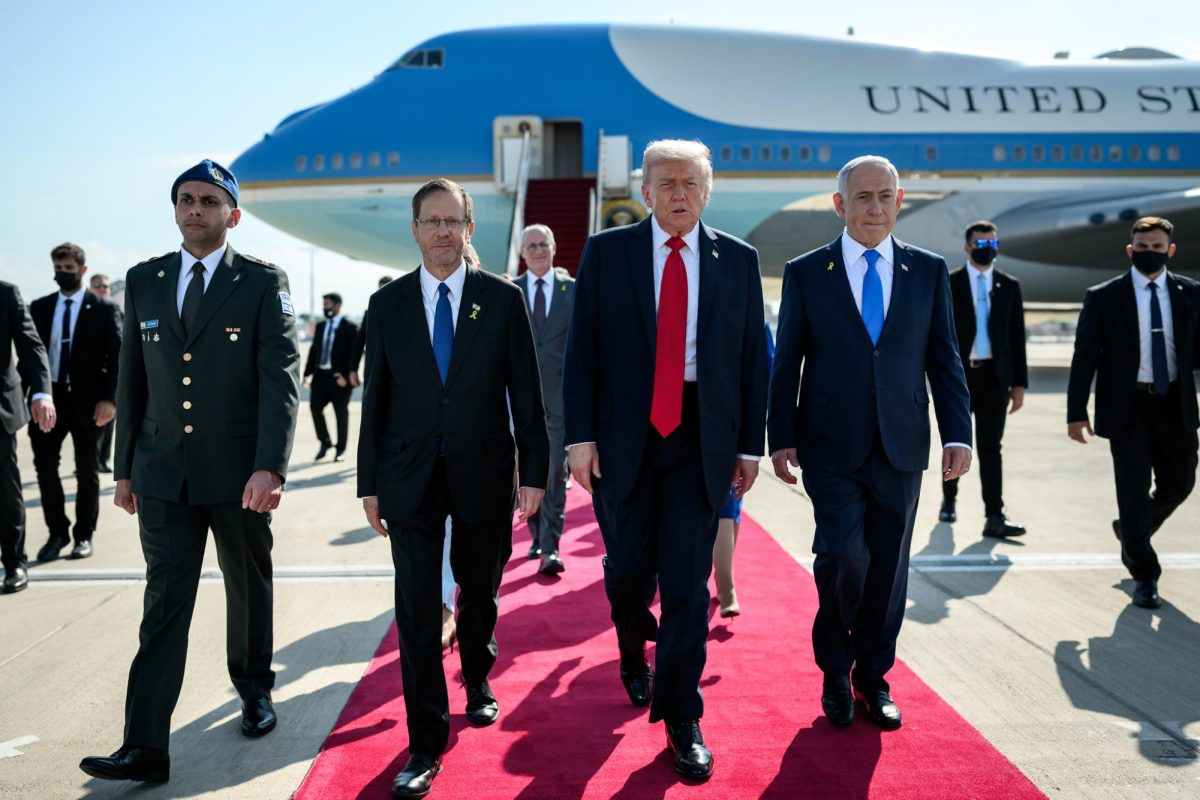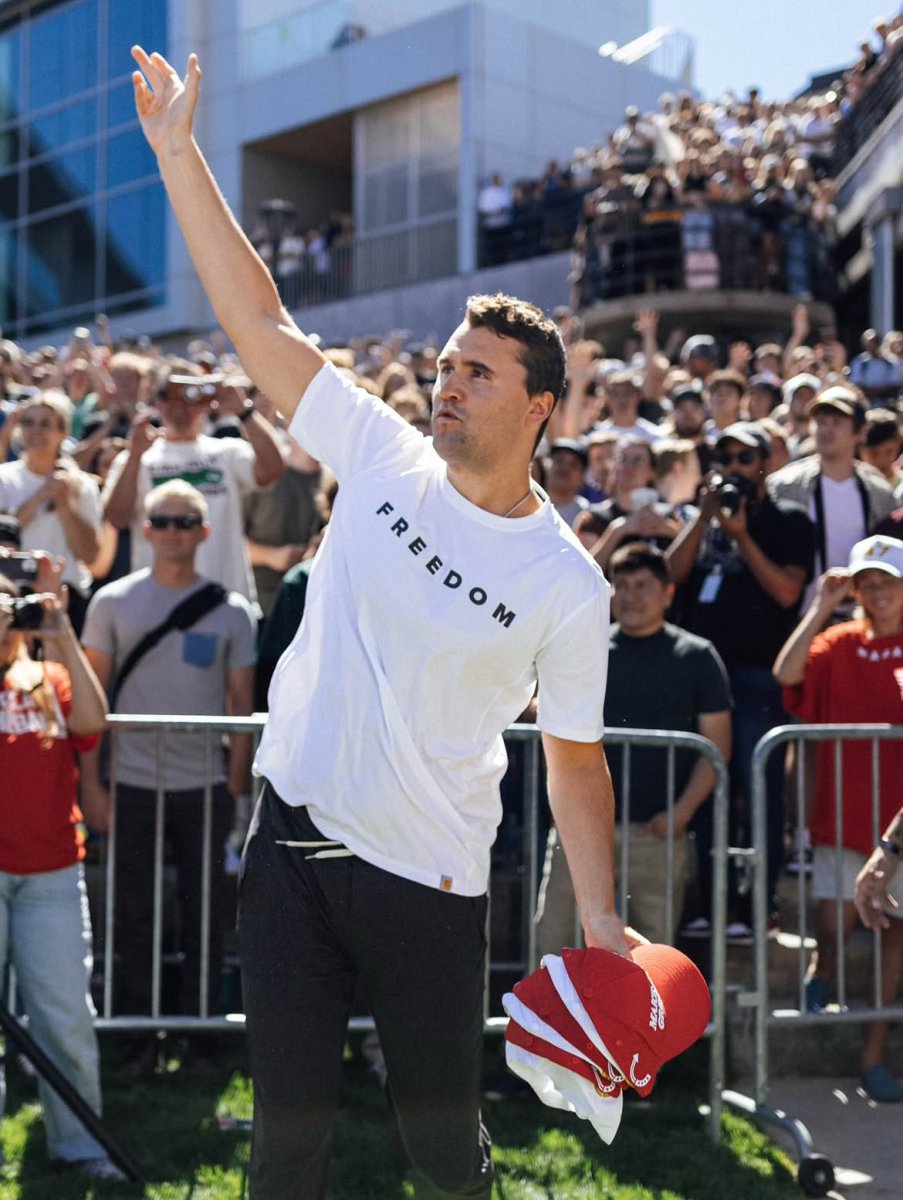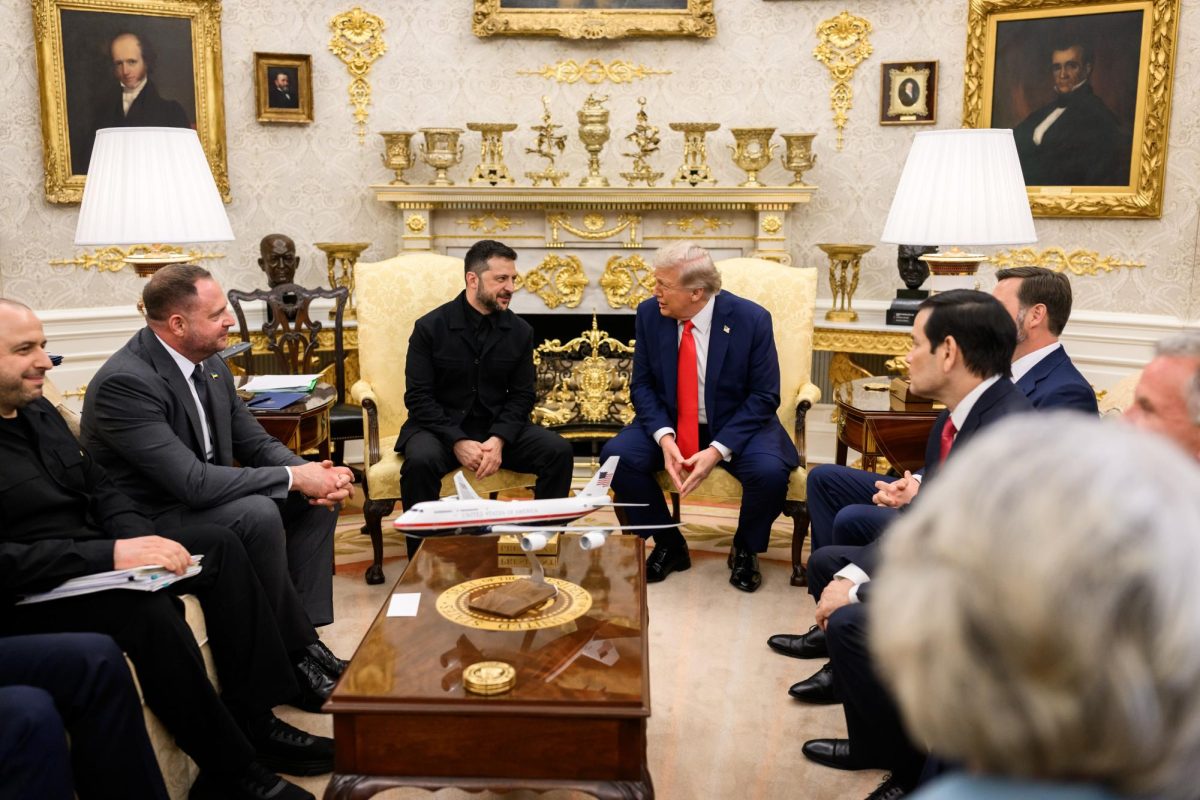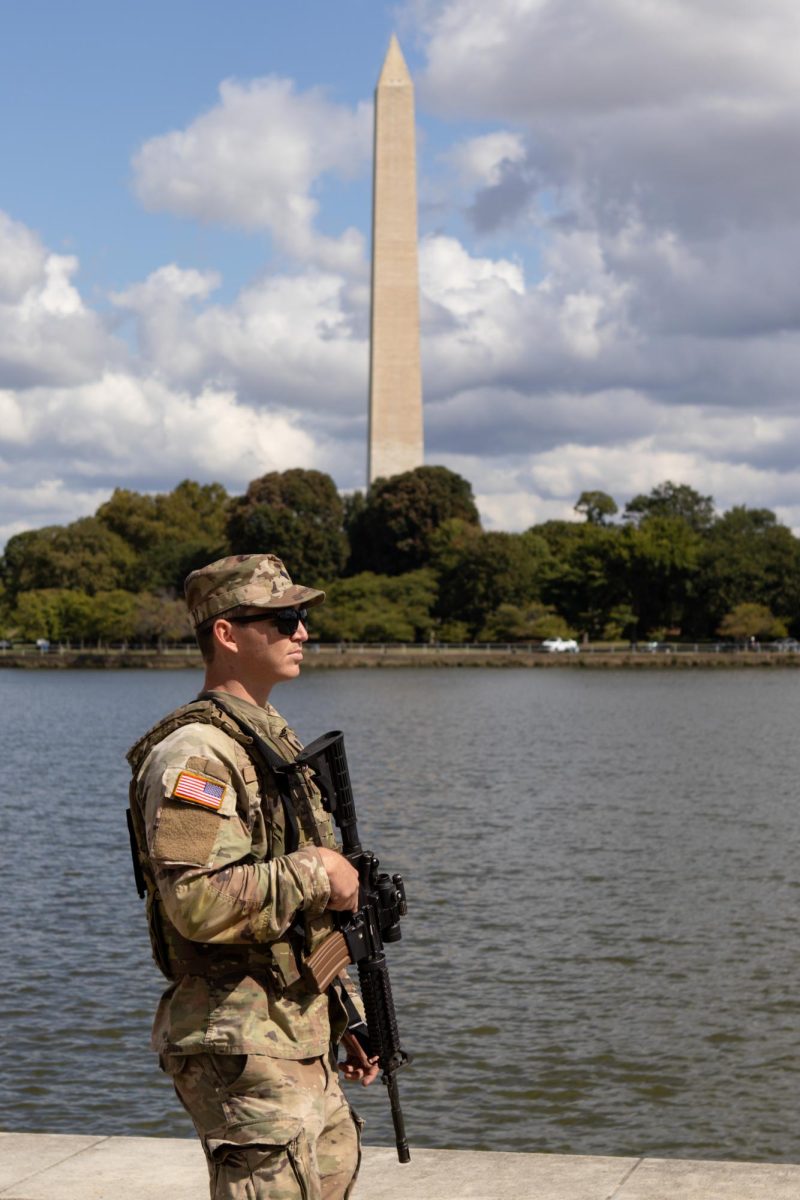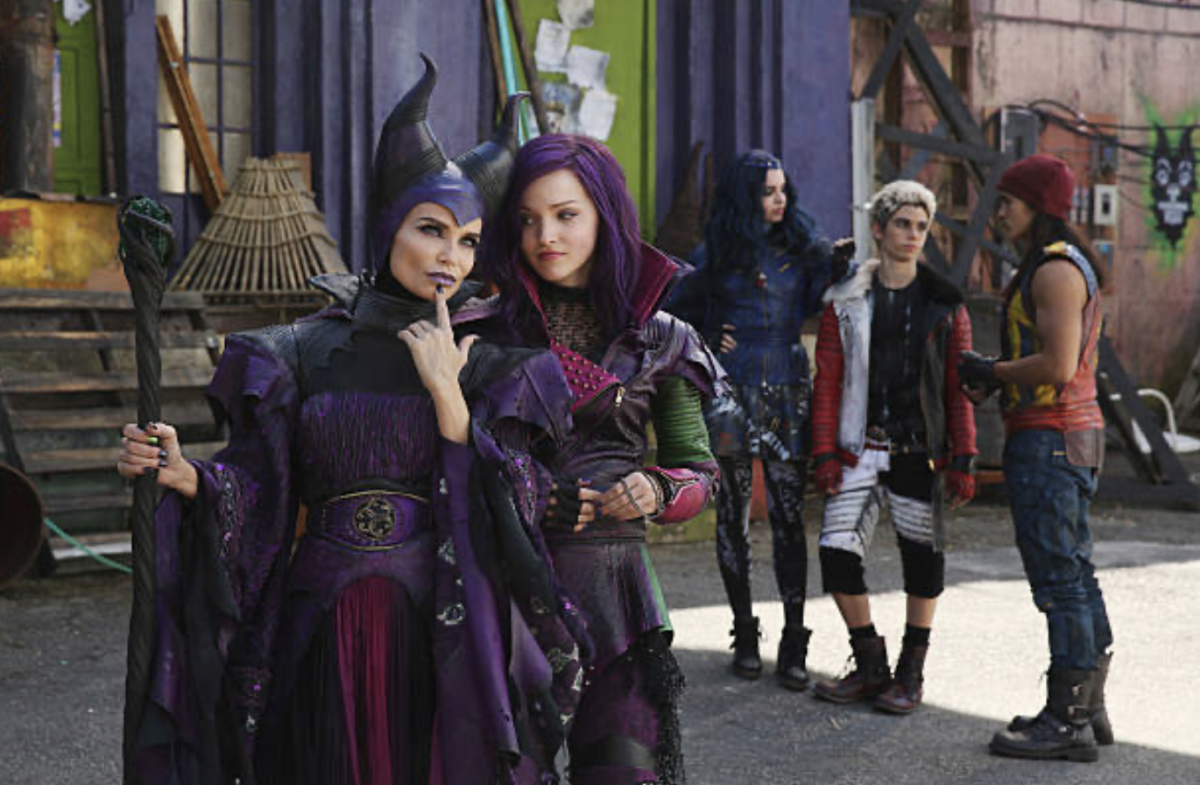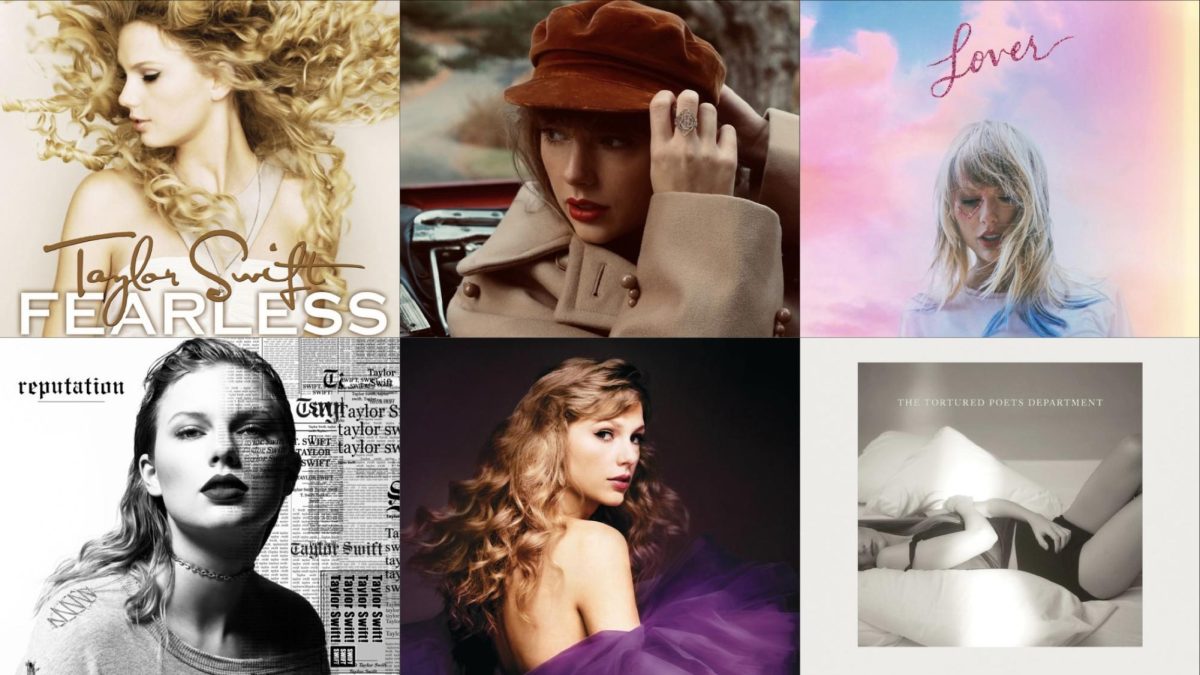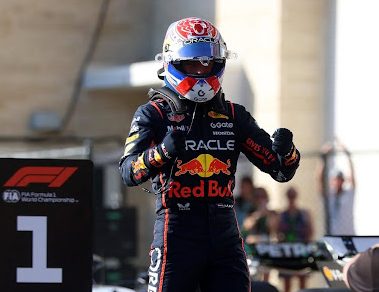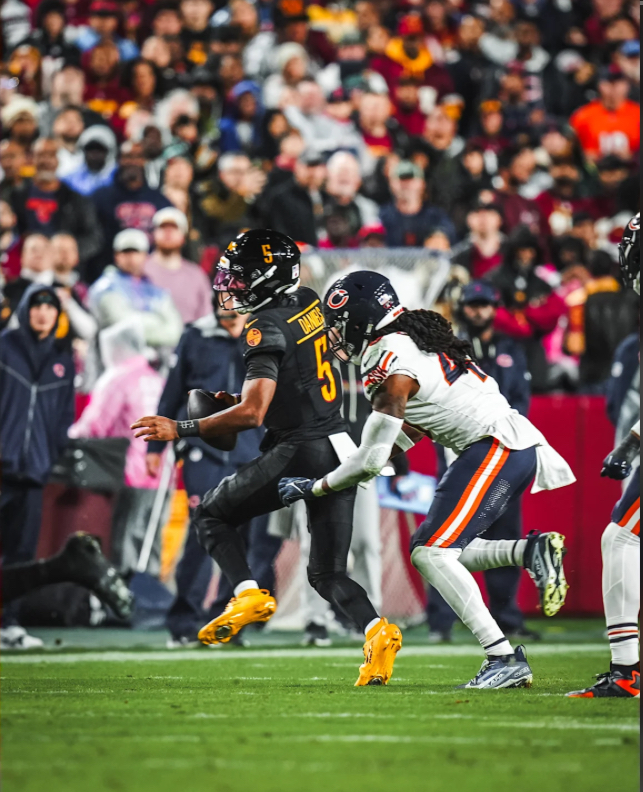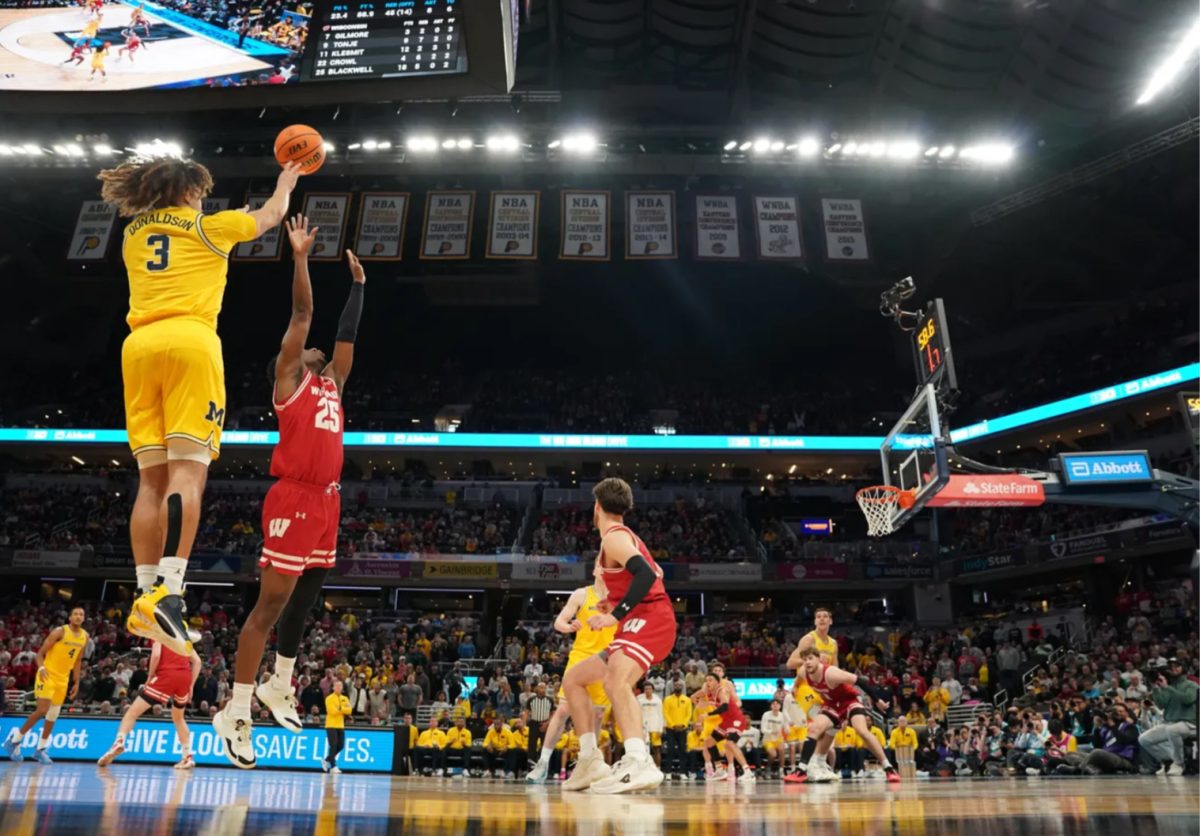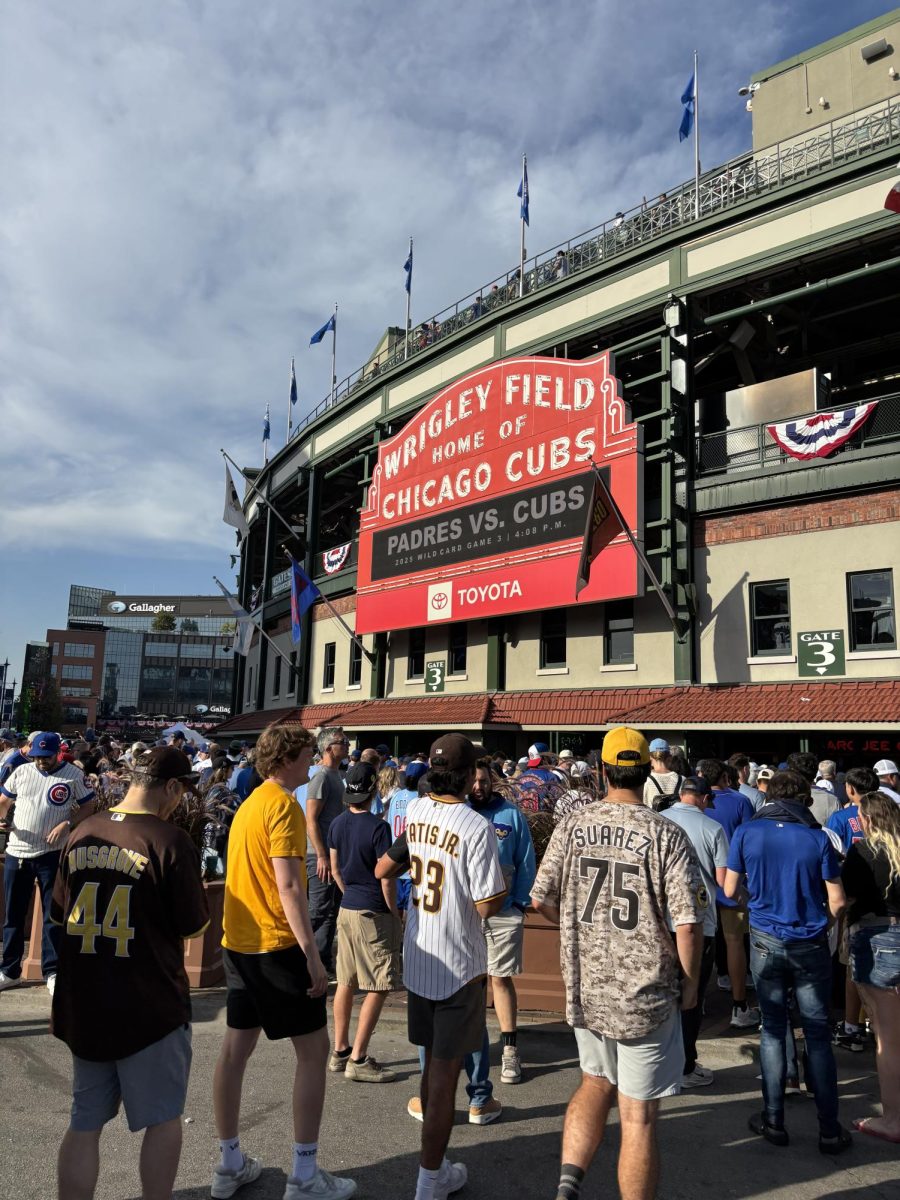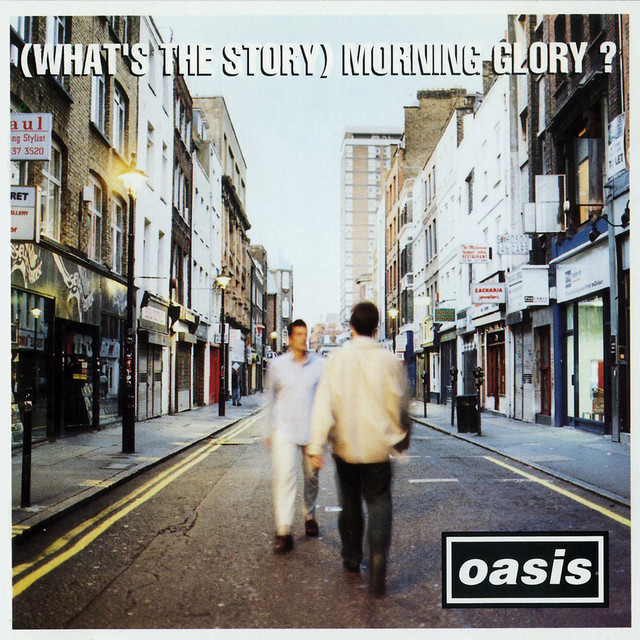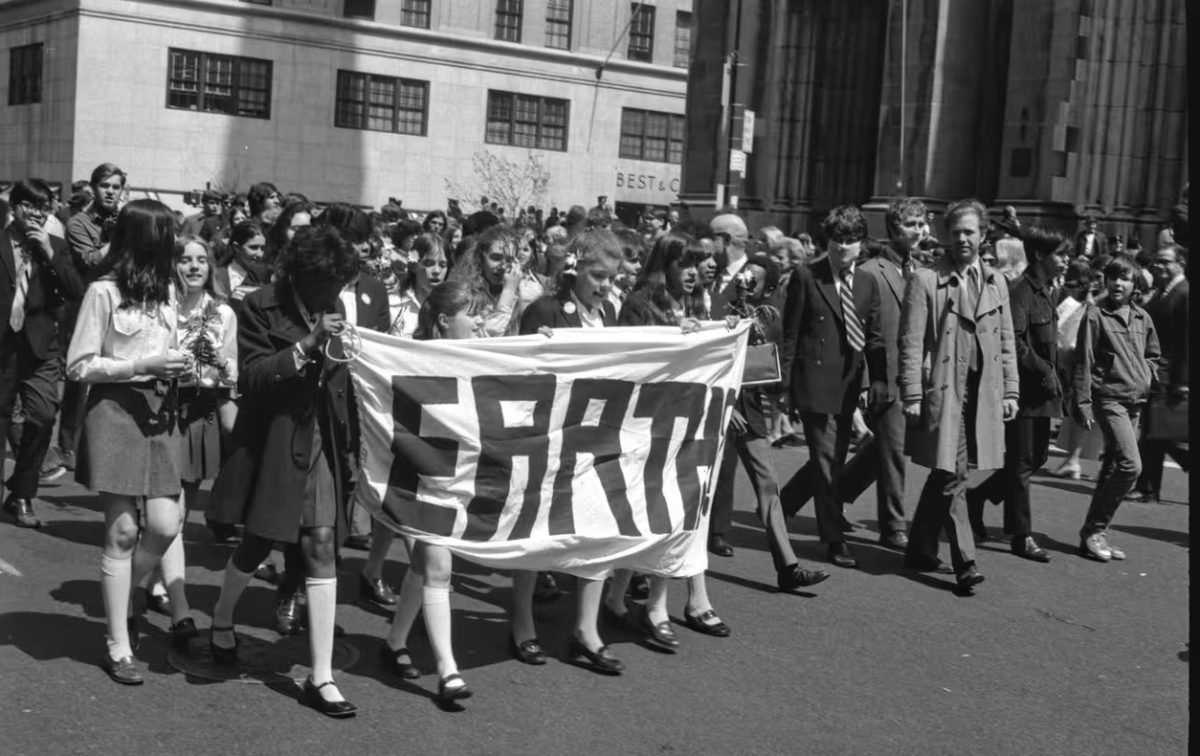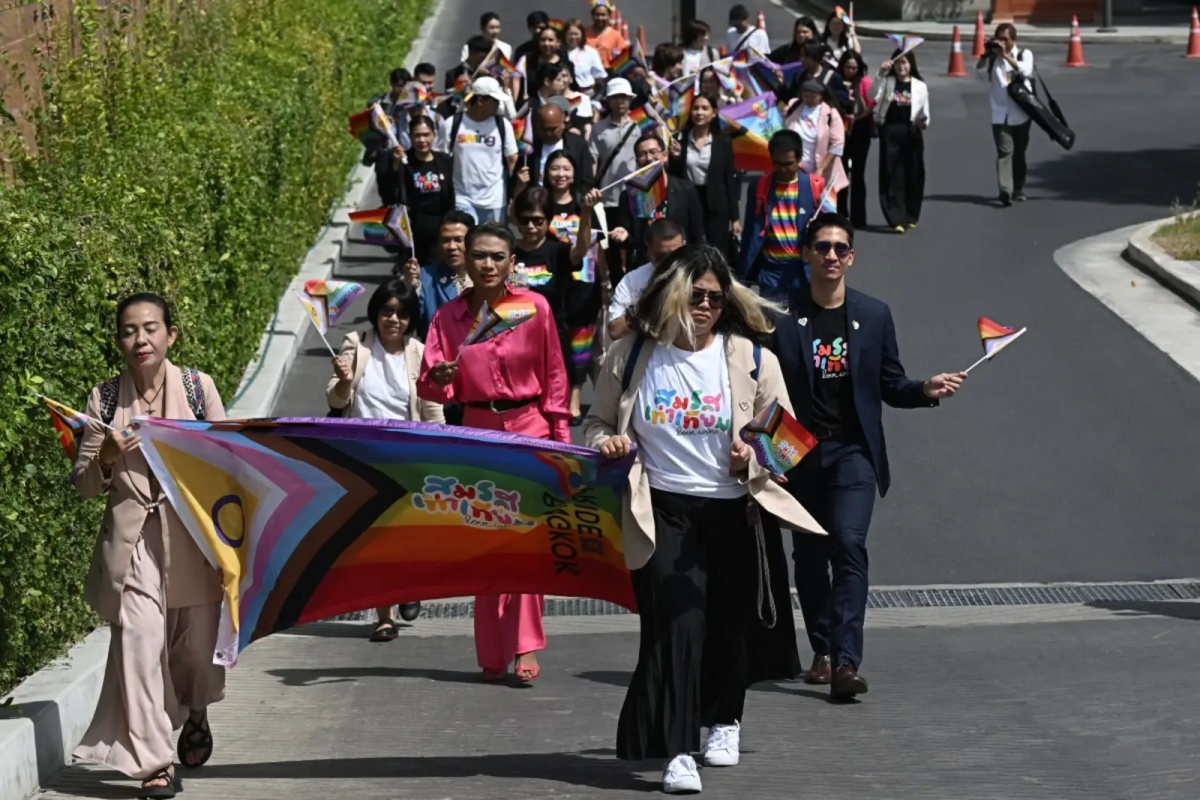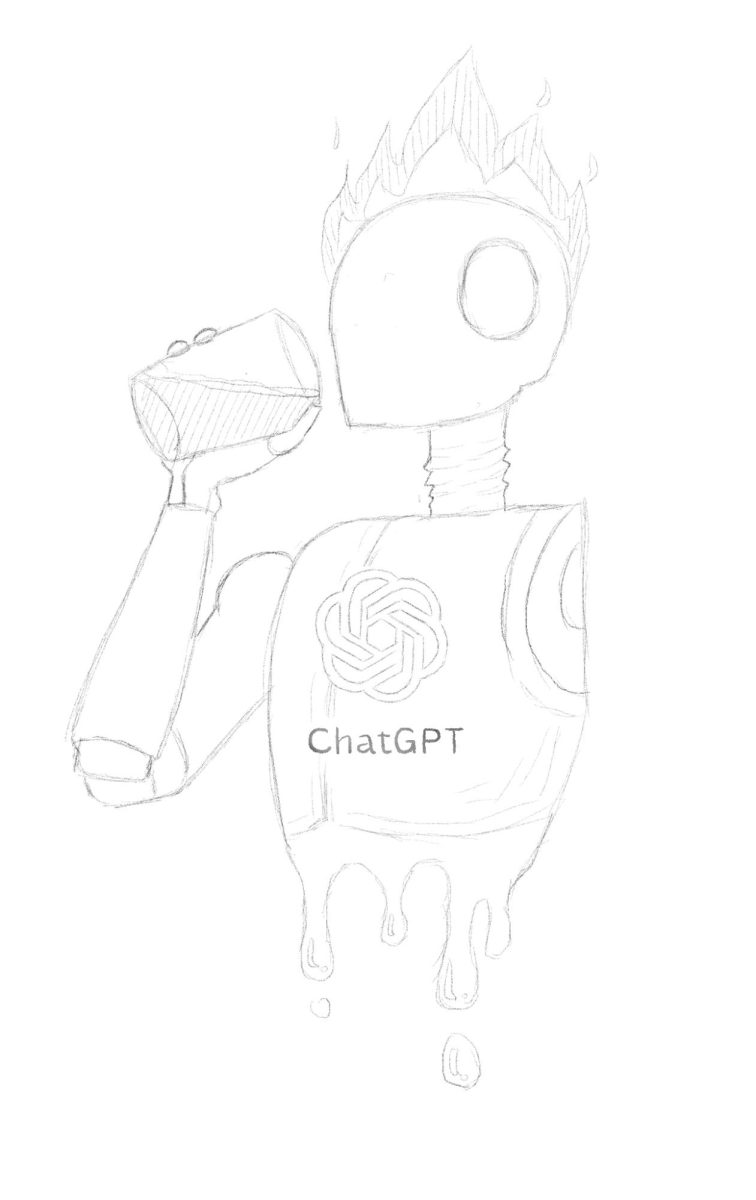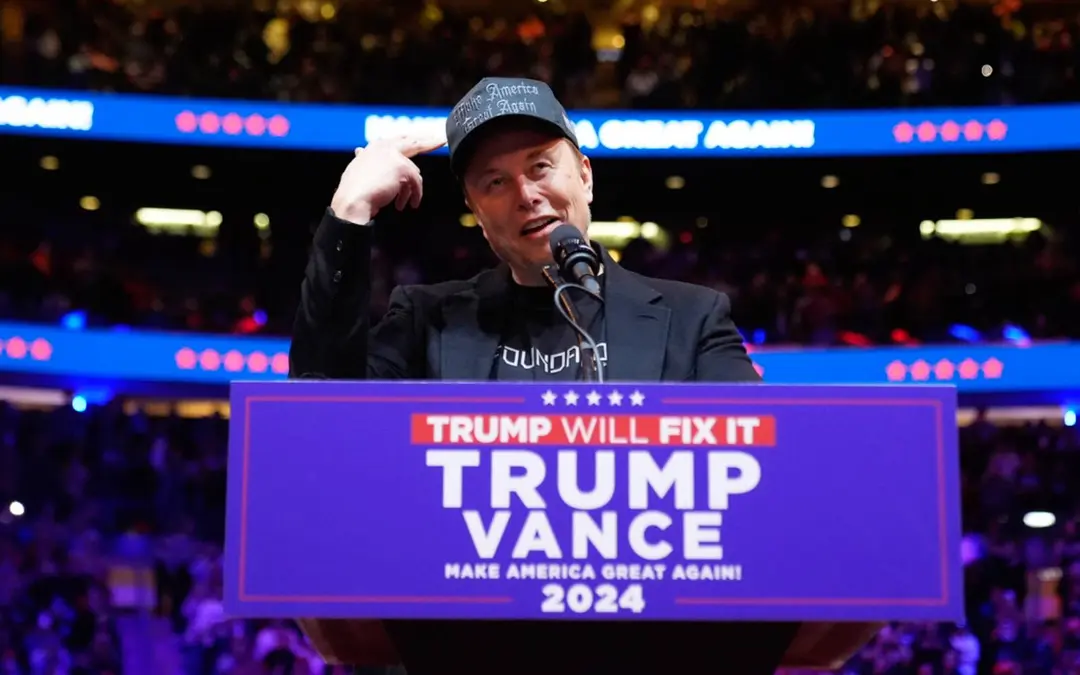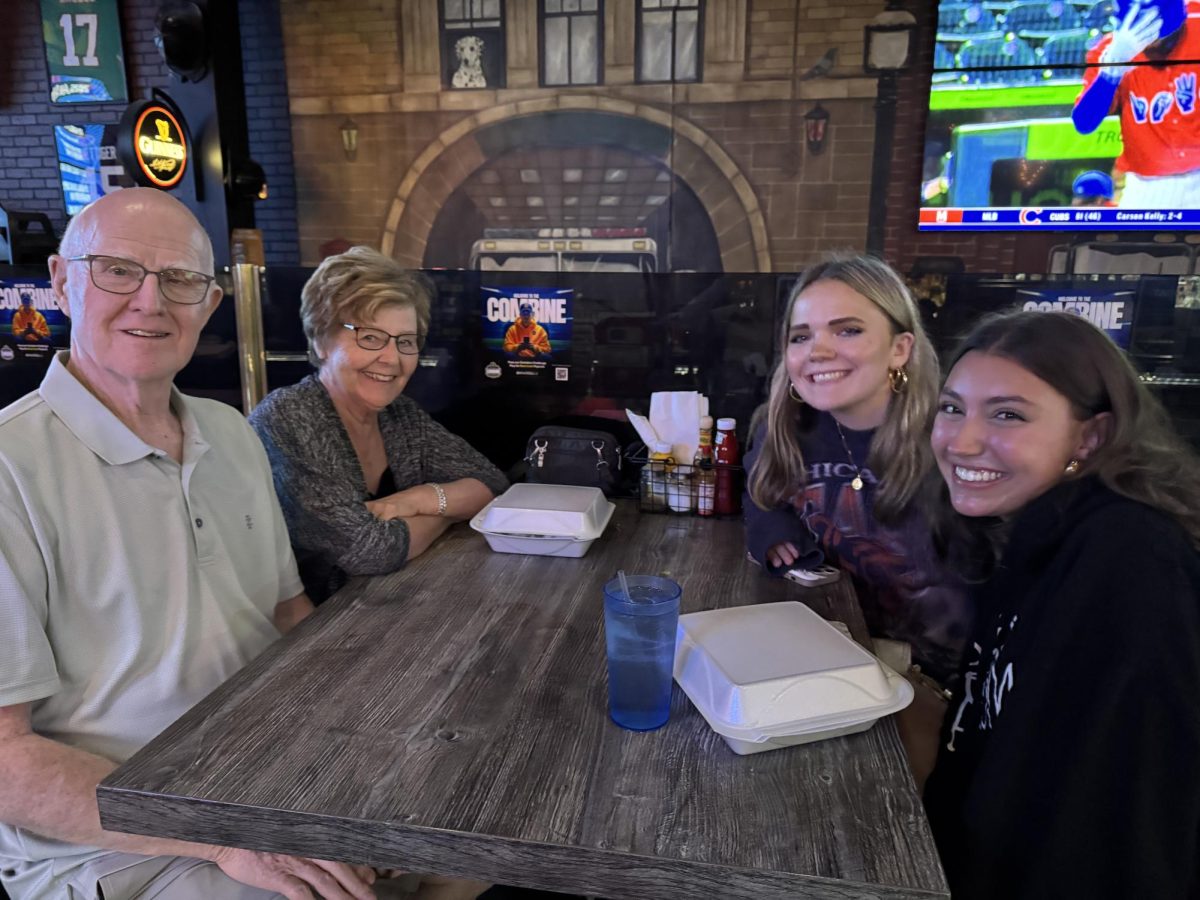Let me save you some time: yes.
Throughout this election season, the world’s richest man has exercised his ability to bend the rule of law—and how he has used his money goes well beyond the massive donations that have become commonplace in recent years. To contextualize how Elon Musk’s spending differs from the many other billionaires that have invested in American elections, you have to begin with Citizens United.
Citizens United v. Federal Election Commission was a landmark 2010 Supreme Court ruling that removed restrictions for corporations and other organizations donating to political campaigns, opening the doors for large amounts of cash to be funneled to candidates ever since. What naturally followed was a massive increase in campaign spending—upwards of a ten times increase from 2009 to 2020. The 2024 general election was no exception to this rule.
Billionaires giving massive sums of money to their candidates of choice is not limited to one major party or the other—ask any Republican or Democrat about George Soros or Peter Thiel, respectively. That’s not to say that these donations are in equal amounts on both sides. In particular, for the 2024 election, all of the top seven, and nine of the top ten, biggest individual donors have given their money to Republicans.
In any case, big money in politics remains legal and commonplace, despite most Americans—including myself—taking exception to it. Though his stated donations total over $75 million towards Republicans, what Musk has done goes far beyond this.
In July, Musk founded the America PAC. The PAC aims to support Donald Trump’s 2024 presidential campaign, primarily through canvassing efforts (get-out-the-vote operations aimed at Trump supporters and convincing undecided voters to vote for him). Most of Musk’s dubious activities surrounding the election have taken place through this organization
Take, for instance, the PAC’s two-faced ad campaign revolving around the ongoing war in Gaza. In October, the group put out two different advertisements. The first posed as a pro-Kamala Harris advertisement and touted her as being strongly pro-Israel, and was micro-targetted at Arab American voters. The second painted Harris as being strongly pro-Palestine, and was micro-targeted at Jewish communities in Pennsylvania. While divisive political attack advertisements are nothing new, this particularly egregious case of invoking hateful sentiment was only the beginning.
On October 7, the America PAC announced that it was offering $47 to anyone who could get a registered voter in a swing state to sign a petition pledging support for the First and Second Amendments, allowing the PAC to later target these petition signers as potential Trump voters. It is explicitly illegal to pay someone in exchange for registering to vote under federal law; while the offer of $47 for referrals to the petition is likely not in violation of law, it was a clear attempt to use Musk’s money to get the general public to find him a sample of salient voters to direct ads towards.
Things got into suspect legal territory with the America PAC’s million-dollar lotteries. Beginning on the 19 of October, the organization announced that it would give out a million dollars each day to one signer of the above First and Second Amendment-supporting petition, as long as they were registered to vote in a swing state. The latter part of that sentence brings the legality of the lotteries into question: it seems to offer a direct incentive to get people to register to vote. The Department of Justice (DOJ) agreed—they warned Musk to stop the lotteries on October 23rd. Naturally, Musk ignored this warning.
The DOJ wasn’t the only legal entity interested, though. On October 28, Philadelphia District Attorney Larry Krasner filed suit against the America PAC, alleging that it was not only attempting to influence voters in the presidential election but was also illegal under Pennsylvania state gaming laws. The motion to shut down the lottery was rejected by a Pennsylvania judge after Musk’s lawyers argued that the lotteries weren’t random at all, presumably knocking the election interference charge down to something more closely resembling fraud (though with Trump being elected president, it’s unlikely that any charges against Musk will be pursued).
It’s clear what Musk has been trying to do. Through the America PAC, he has aimed to not only find a demographic of potential Trump supporters to advertise to but also to give them a financial incentive to register to vote, likely in violation of federal election statutes. How much can billionaires like Musk influence elections as they see fit? With Citizens United and a disregard for the law, it currently seems like the sky’s the limit.


